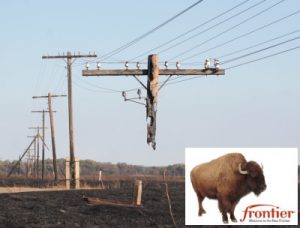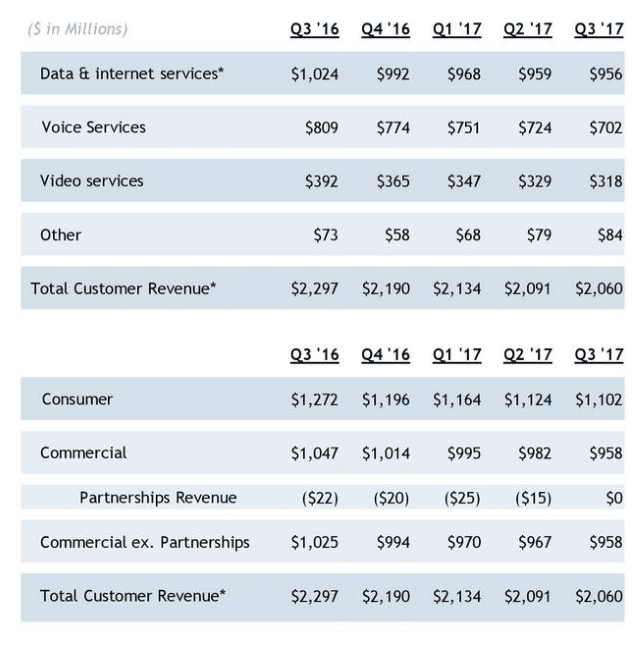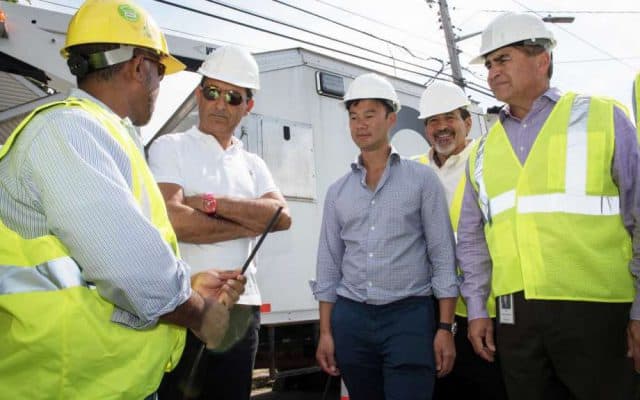 An undisclosed number of Frontier Communications customers in West Virginia were without phone service during the Christmas-New Year’s Day holidays because of copper thefts and slow repair crews that did not begin repairs for up to two weeks after the outages were reported.
An undisclosed number of Frontier Communications customers in West Virginia were without phone service during the Christmas-New Year’s Day holidays because of copper thefts and slow repair crews that did not begin repairs for up to two weeks after the outages were reported.
Hardest hit was Mingo County, where multiple copper wire thefts caused significant service outages starting Dec. 20 in Matewan, Delbarton, and Varney. Many customers were without phone service over the Christmas holiday, and some are still without service two weeks later. One of them is Arlene Gartin at the two-month old Mudders restaurant, which depends on pickup and delivery orders.
“This has devastated us,” Gartin told WSAZ-TV. “Seventy-five percent of our business was our delivery and without the calls I’m hanging on by threads.”
In Iaeger in McDowell County, residents on Coonbranch Mountain report their Frontier phone and internet services have been out of service for two weeks. Carl Shrader told WVVA-TV that service went out on Dec. 23 and remained so throughout Christmas and New Year’s Day.

Mingo County, W.V., on the Kentucky border.
“We had a windstorm come through, and up here where the church is, at the top of my driveway, it blew the power line and the telephone line down,” said Shrader. “If you get a fire around your house, and the phone lines is down, how can you notify the fire department? If you have a burglar coming in on you, how can you phone and say, ‘9-1-1, I need help! There’s a burglar here.’ You can’t!”
Cell service in this part of West Virginia is spotty, making landline service very important for many West Virginia residents who live and work around the state’s notorious mountainous terrain.
Customers affected by service outages report long hold times calling Frontier and very little information or updates about outages. Many residents report Frontier’s outages are frequent and often take a long time to fix. Some have been told Frontier’s repair crews are short-staffed and busy elsewhere.
That comes as a surprise to officials at the Communications Workers of America who confirmed Frontier announced a “voluntary” reduction in force program on Dec. 20, seeking employees willing to accept a buyout offer. If enough workers do not take Frontier up on their offer, more than 50 Bluefield-based employees and about 30 in Ashburn, Va., are at risk of being laid off.
WSAZ-TV in Huntington, W.V. reports a significant number of residents in Mingo County have been without Frontier telephone and internet service because of copper wire thefts for the last two weeks. (1:49)
WVVA-TV in Bluefield/Beckley, W.V. reports some residents waited two weeks for Frontier repair crews to show up after a windstorm. (1:49)


 Subscribe
Subscribe If advertised claims of lightning fast DSL internet don’t match reality, it never hurts to bring evidence to the table if you want to prove your state’s biggest telecom company is lying through its teeth.
If advertised claims of lightning fast DSL internet don’t match reality, it never hurts to bring evidence to the table if you want to prove your state’s biggest telecom company is lying through its teeth.

 Customers switched to Frontier Communications from Verizon in Florida, California and Texas continue to complain they are being overcharged for service, sometimes by hundreds of dollars a month, and they’re fed up.
Customers switched to Frontier Communications from Verizon in Florida, California and Texas continue to complain they are being overcharged for service, sometimes by hundreds of dollars a month, and they’re fed up. Despite claims from some industry-backed researchers and former members of Congress that Net Neutrality
Despite claims from some industry-backed researchers and former members of Congress that Net Neutrality 
